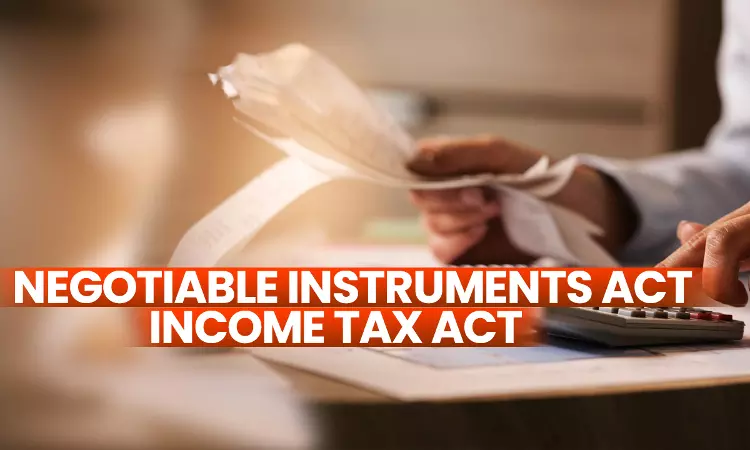Cheque Holder's Failure To Record Loan In Books Not Ground To Dismiss Complaint U/S 138 NI Act: Bombay High Court
Amisha Shrivastava
22 Aug 2023 11:40 AM IST

Next Story
22 Aug 2023 11:40 AM IST
Answering a reference by a Single Judge, the Bombay High Court recently held that failure of the cheque holder to record a loan given to a cheque drawer in books/Income Tax Returns will not by itself render the loan unenforceable under section 138 of the Negotiable Instruments Act (NI Act).A division bench of Justice AS Chandurkar and Justice Vrushali V Joshi observed that the existence of...
